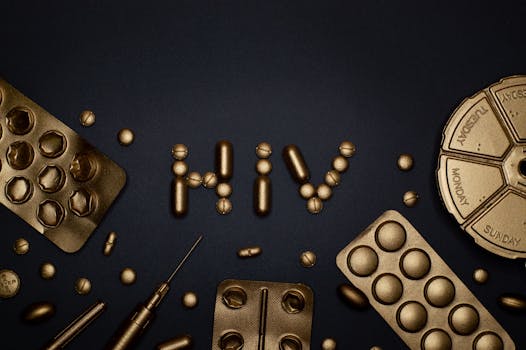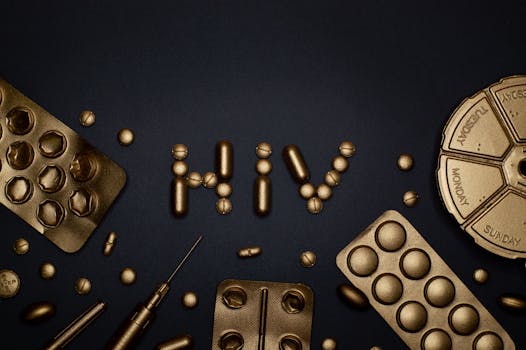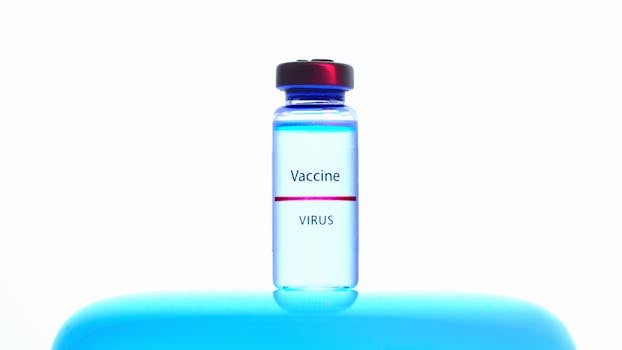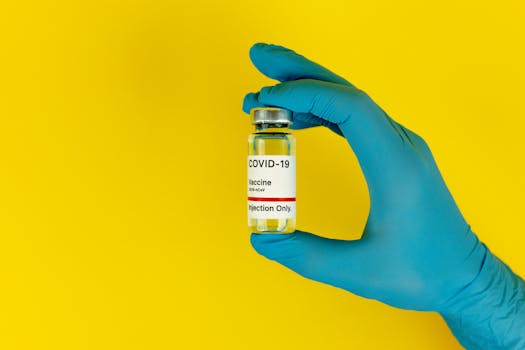
The Science Behind Vaccines and Public Health: Understanding the Importance of Vaccination
Vaccines and public health have been closely linked for centuries. The concept of vaccination has been around since the 18th century, when Edward Jenner discovered that exposing people to a mild form of cowpox could protect them from smallpox. Since then, vaccines have become a cornerstone of public health, saving countless lives and preventing the spread of diseases.
How Vaccines Work

Vaccines work by introducing a small, harmless piece of a virus or bacteria, known as an antigen, to the body. This triggers an immune response, which helps the body to recognize and fight the disease-causing agent. There are several types of vaccines, including inactivated vaccines, live attenuated vaccines, and subunit vaccines. Inactivated vaccines contain a killed or inactivated form of the disease-causing agent, while live attenuated vaccines contain a weakened form of the agent. Subunit vaccines, on the other hand, contain only a specific component of the disease-causing agent.
The Benefits of Vaccination

The benefits of vaccination are numerous. Vaccines have been proven to be highly effective in preventing the spread of diseases, and have saved countless lives. According to the World Health Organization (WHO), vaccines have prevented an estimated 10 million deaths between 2010 and 2015. Vaccines have also been shown to have a number of indirect benefits, including reducing the spread of antimicrobial resistance and protecting against diseases that can have serious complications, such as pneumonia and meningitis.
Vaccine-Preventable Diseases

There are a number of vaccine-preventable diseases, including measles, mumps, rubella, polio, and whooping cough. These diseases can have serious complications, and can be life-threatening in some cases. For example, measles can cause pneumonia, encephalitis, and even death, while whooping cough can cause pneumonia, seizures, and brain damage. By vaccinating against these diseases, we can help to prevent their spread and protect vulnerable members of our communities.
Challenges and Controversies

Despite the many benefits of vaccination, there are also a number of challenges and controversies surrounding vaccines. One of the main challenges is vaccine hesitancy, which refers to the reluctance or refusal to vaccinate due to concerns about safety or efficacy. This can be fueled by misinformation and misconceptions about vaccines, which can spread quickly through social media and other channels. Another challenge is the issue of vaccine accessibility, which can be a problem in low-income countries or areas with limited healthcare resources.
Conclusion

In conclusion, the science behind vaccines and public health is clear: vaccines are a crucial part of our efforts to prevent the spread of diseases and protect public health. By understanding how vaccines work, the benefits of vaccination, and the challenges and controversies surrounding vaccines, we can work to promote vaccine confidence and increase vaccination rates. This is essential for protecting not only our own health, but also the health of our communities and the world at large.



